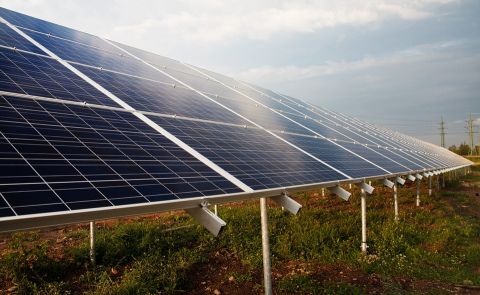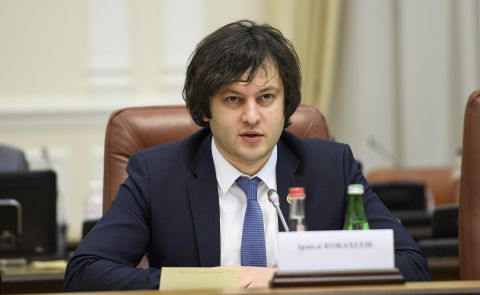
Generational Change in Georgian Politics

In Georgia leading opposition forces and the ruling party are amidst the biggest generational change in decades. Older politicians are increasingly pushed aside, while a much younger cohort is emerging. This process is also directly related to the weakening of the parties which dominated Georgia’s political landscape and opened the way for new forces. Internal ramifications will be wide in scope – number of parties will grow, while lasting political stability is unlikely to follow.
Nowadays political life in Georgia seems to run the same course as in previous years, if not decades. Intermittent political crises are coupled with frequent economic reverberations and generally unstable geopolitical situation along the country’s borders.
Nevertheless, presently Georgian politics experience fundamental changes. New parties were being created before and strong opposition forces often disintegrated, but the pace of change or rather evolution is staggering.
First comes Georgia’s wealthiest person, Bidzina Ivanishvili’s resignation from his political position and virtual seclusion from the public. The decision caused infighting among party leaders. This was apparent in an unexpected resignation by Giorgi Gakharia who refused to take part in the arrest of Nika Melia, leader of the major Georgian opposition force – United National Movement (UNM).
As a result, three strong groupings within the ruling Georgian Dream party emerged: one around Tbilisi mayor Kakha Kaladze, second around Irakli Kobakhidze, though he is politically unpopular among the populace. Third is around the current PM Irakli Garibashvili with his so-called clan of Kakhetians (Kakheti – region of Georgia).
The potential struggle is open and acrimonious, but each grouping tries to have its associates appointed to crucial government positions, win tenders for biggest projects etc. This infighting weakens the political vertical within Georgian Dream which could potentially lead to internal crises and conflicts first manifested latently and then openly. Tendencies to rearrange the power vertical according to personal interests will manifest itself even at the institutional level (in the form of conflicts between different agencies/ministries, etc.).
Another factor leading to the weakening of the GD is the non-existence of ideological ties, no consolidated political interests, and no real, living practice of political unity. Moreover, no real long-term development of the country’s economy and political system is being proposed. The emphasis is still being made on portraying the UNM as a destructive political force, and not on actual reforms, for instance, in the judiciary, education or economic spheres.
One of the theories behind the increased infighting is Ivanishvili’s idea of having as many poles of political power as possible so that no person could accumulate enough momentum to challenge his legacy and the inner workings of the party.
Leaders of the three groupings are personally associated with Ivanishvili. His influence on them is lasting, which means that technically he is still able to influence overall developments within the party and the country. It is exactly because of this vertical of power that various sources familiar with the internal operation of the party claim that it is almost impossible to consider the GD without Ivanishvili, whether he is in charge or has relinquished de-jure political power.
Ivanishvili might have resigned for good. In fact, there is logic behind this thinking considering his political passivity in the last years. Certain political fatigue and even frustration with the overall process of keeping the opposition at bay, fighting off Western criticism and keeping the economy afloat also could have led him to seclusion.
There is also a question of Western political pressure. Constant criticism of Georgia being run by a shadow figure often undermined expectations among Georgia’s foreign partners on the country’s democratic future. Ivanishvili could have also been targeted by US sanctions that would seriously constrain his actions and have a bearing on internal Georgia. His decision to quit for good could therefore be a permanent decision. Furthermore, amid a dire COVID-19 situation and a struggling economy, Ivanishvili’s decision was probably motivated by saving himself to avoid public outcry for upcoming troubles.
And this makes the current political situation in Georgia all the more exceptional in comparison with previous periods. Willing resignation of a heavyweight from the political scene is unprecedented. It emboldens the opposition, weakens the ruling party and leads to gradual distancing of political heavyweights from the opposition parties. Indeed, Ivanishvili’s seclusion coincides with the period with a precipitous decline of personal authority of another political player, former Georgian president Mikheil Saakashvili. This is evident in the gradual distancing from his often controversial statements by UNM leaders.
This also sets the scene for a much larger political process, namely, generational change in Georgian politics. It takes places once in every two or three decades and now is arguably the second time in since Georgia’s 30 year-independence when a whole cohort of new and young politicians came to power or are in the opposition. For instance, a closer look at the GD list of the members of the parliament following the 2020 legislative elections shows the emerging trend toward generational change.
Similar developments are taking place in the opposition parties. Side-lining of the older generation of politicians ushers in younger groups whose visions, though overall coincide with the older generation, nevertheless deviate on many tactical and at times even strategic levels. European Georgia, UNM, Alliance of Patriots of Georgia and many other parties, have all experienced resignations of older generation.
This trend means that traditional opposition parties are increasingly enjoying less support than they used to. This widens the space for the emergence of new political forces, which are likely to gradually overshadow the old political parties. LELO is one of them. The party will be presumably led by the former PM from GD Giorgi Gakharia. He has already picked several teammates and enjoys relative popularity among the populace. This process is related to the emergence of the third pole of political power in Georgian politics. The loop which has existed so far between the UNM and GD has limited the space for alternative powers. And this is perhaps yet another big evolution in the current political process that not only small political parties keep emerging, but they are enjoying increasingly larger space for activity and general popularity.
Current political changes in Georgian politics are thus of a much wider spectrum than often thought. We are dealing with the generational change which is directly tied into the dissolution or weakening of traditional political parties which dominated Georgia’s political landscape since at least 2003. Older parties are likely to survive the growing competition, but their margin of support will decrease, while that of newer parties grow far larger. This, however, does not mean that any one power would manage garnering total support of the population. Rather the internal political life in Georgia is moving towards increasing partitioning – numerous parties, most of them able to enter the parliament with the goal to create a political coalition.
See Also


Kobakhidze Meets US Senator Daines to Discuss Bilateral Relations
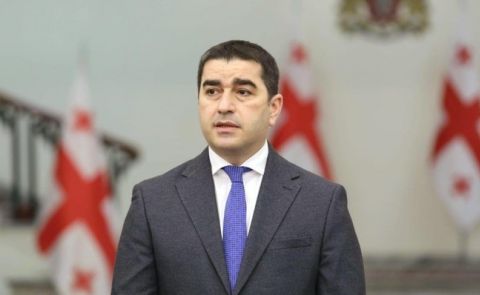
Georgian Speaker Condemns Embassy Travel Warnings as Economic Attack
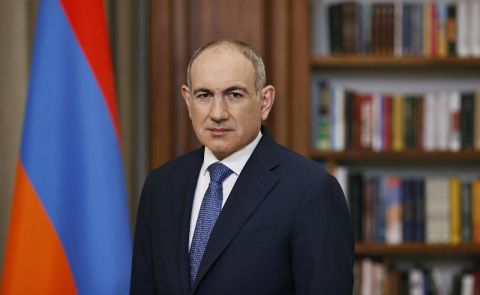
Political Crisis Deepens Between Armenian Government and Apostolic Church After Pashinyan’s Remarks
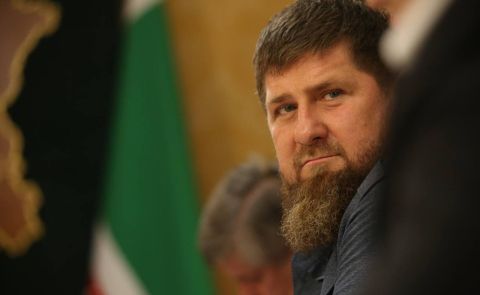
Ramzan Kadyrov Awards Title to Ingush Businessman
